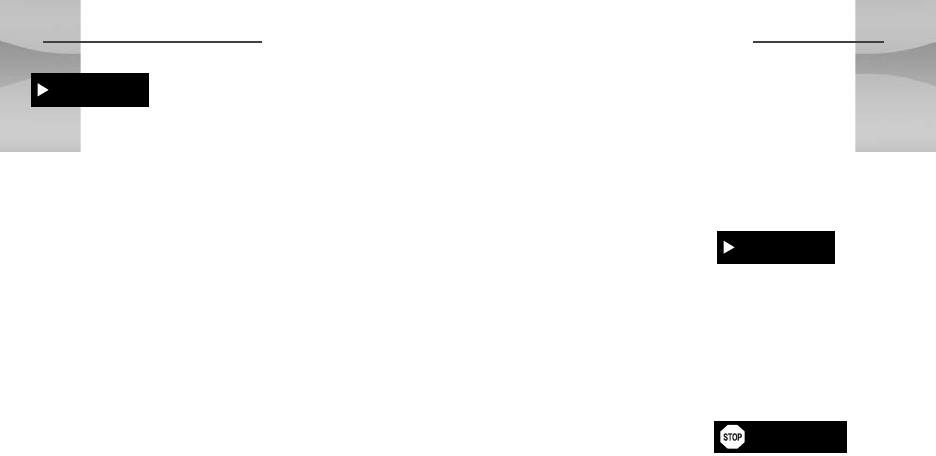
1
2
QUICK CHECKOUT
1
RECHARGEABLE APPLIANCES
Certain rechargers for small
nickel cadmium batteries
can be damaged if connected
to the CPI 300. Two types
of equipment are particularly
prone to this problem:
1. Small battery operated
appliances that can be
plugged directly into
an AC receptacle for
recharging, including
flashlights, razors, and
night lights.
2. Certain battery chargers for
battery packs used in hand
power tools, specifically
those that have a
WARNING label stating
that dangerous voltages
are present at the battery
terminals.
Problems do not occur with
the vast majority of battery
operated tools, most of which
use a separate charger or
transformer that plugs into
an AC receptacle and
produces a low voltage
output. If the label on your
tool’s AC adapter or charger
states that is produces a low
voltage AC or DC output
(less than 30 volts) you
can safely power the charger
with your CPI 300.
In order to check the
performance of your CPI 300
before installing it, please
have the following on hand:
1. A 12 volt DC power source
(such as a vehicle battery)
2. The 2 foot cigarette lighter
plug wire and the 2 foot
direct-to-battery 12 gauge
wire
3. A test load such as a lamp
or other small appliance
that can be plugged into
the AC receptacle on the
inverter
Power Source
You will need an 11 to 15 volt
DC power source capable of
supplying enough current to
run the test load. As a rough
guide, divide the wattage of
the test load by 10 to get the
current (in amperes) that the
power source must supply.
A fully charged standard
automotive battery will
work fine.
Connecting to the
Power Source
Your CPI 300 comes with both
a 20 inch cigarette lighter plug
wire and a 20 inch direct-to-
battery 12 gauge wire. The
cigarette lighter plug is suitable
for operating the inverter at
loads up to 150 watts.
When operating any loads
over 150 watts, connect the
inverter directly to the
battery.
Remove any jewelry. Be
careful not to short circuit
the battery with a metallic
object (wrench, etc.)
Do not connect to the
power source if flammable
fumes are present. Explosion
or fire may result. Thoroughly
ventilate the battery
compartment before
making a connection.
2
WARNING
CAUTION
CAUTION












